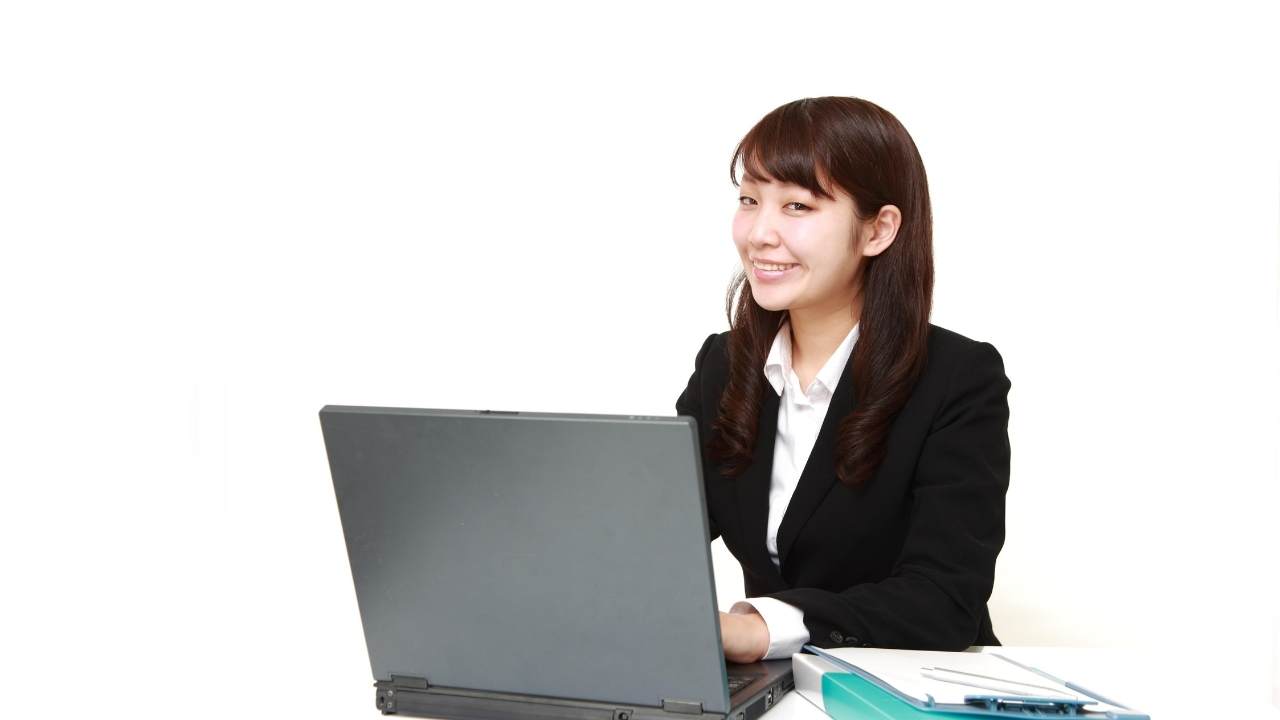Letter Greetings Professional – In the realm of professional communication, the art of crafting effective letter greetings embodies a blend of politeness, relevance, and clarity. Key entities such as “professional tone,” “recipient relationship,” “purpose of the letter,” and “cultural considerations” significantly shape how greetings are formulated. Understanding these elements can enhance the impression a letter makes and establish a connection with the reader from the very first line.
In-Depth Explanation of Best Structure for Letter Greetings Professional
Understanding the Basics: Letter Greetings Professional
When structuring a Letter Greetings Professional, it’s essential to start with a solid foundation. Here are the key components to consider:
– Recipient’s Name: Always address the recipient directly, using their title and last name (e.g., Mr. Smith, Dr. Johnson).
– Salutation: A warm greeting sets the tone. Common choices include “Dear” or “Hello.”
– Personal Touch: If you have a rapport with the recipient, include a brief personal note (e.g., I hope you’re doing well).
– Purpose Statement: Clearly state the purpose of the letter immediately after the greeting.
Structuring Your Greeting
Here’s a simple structure to follow:
1. Greeting: Start with “Dear [Title] [Last Name],”
2. Personal Note: Add a line that shows you value the recipient (optional based on your relationship).
3. Purpose Statement: Clearly introduce the reason for your correspondence.
Using this structure will make your letter more engaging and professional.
Seven Sample Examples of Letter Greetings Professional
Formal Introduction Letter, Letter Greetings Professional
Dear Mr. Thompson,
I hope this message finds you well. I am writing to introduce myself as the new project manager for our upcoming collaboration. I look forward to working together and achieving great results.
Thank You Letter
Dear Dr. Anderson,
Thank you for your insightful presentation last week. Your expertise in the field is invaluable, and I appreciate the time you took to share your knowledge with us.
Follow-Up Letter
Hi Ms. Carter,
I hope you’re having a great week! I wanted to follow up on our recent discussion regarding the marketing strategy. I’d love to hear your thoughts and see how we can move forward.
Apology Letter
Dear Mr. Brown,
I sincerely apologize for the oversight in our last meeting. I appreciate your understanding and look forward to resolving the matter promptly.
Invitation Letter
Dear Team,
I am excited to invite you to our annual company event next month. It will be a great opportunity to connect and celebrate our achievements.
Congratulations Letter
Dear Ms. Lee,
Congratulations on your recent promotion! Your hard work and dedication have truly paid off, and I’m thrilled to see you succeed.
Inquiry Letter
Dear Mr. Garcia,
I hope you’re doing well. I am reaching out to inquire about the status of our application for the grant. Any updates would be greatly appreciated.
Key Questions and Answers
What is the importance of addressing the recipient correctly?
Addressing the recipient correctly fosters respect and professionalism. It acknowledges their title and position, which can enhance the overall tone of the letter.
How does the purpose of the letter influence the greeting?
The purpose of the letter directly impacts the tone and formality of the greeting. A formal letter may require a more traditional salutation, while a casual letter could allow for a friendly approach.
Why is a personal touch beneficial in professional letters?
A personal touch can create a sense of connection and rapport between the sender and recipient. It shows that the sender values the relationship beyond mere professional obligations.
What cultural considerations should be kept in mind?
Cultural considerations are crucial in professional communication. Different cultures may have varying expectations regarding formalities, greetings, and the level of personal connection, so it’s essential to be aware of these differences.
Thank you for taking the time to explore the intricacies of Letter Greetings Professional. I hope this guide serves you well in your future correspondence. Feel free to visit again for more insights and tips!
